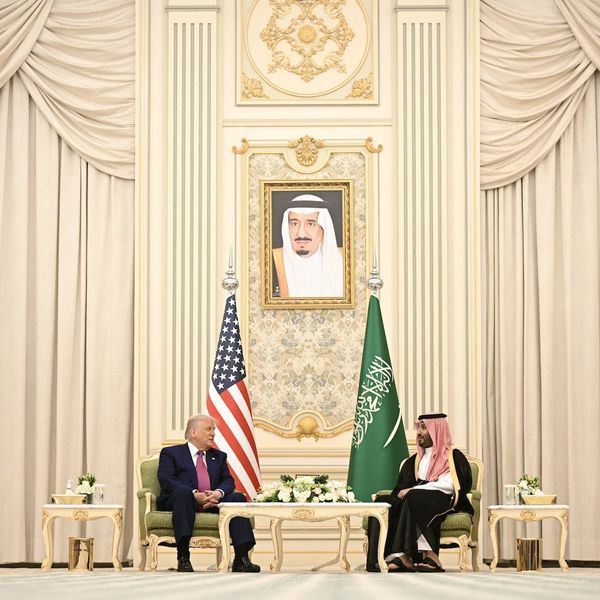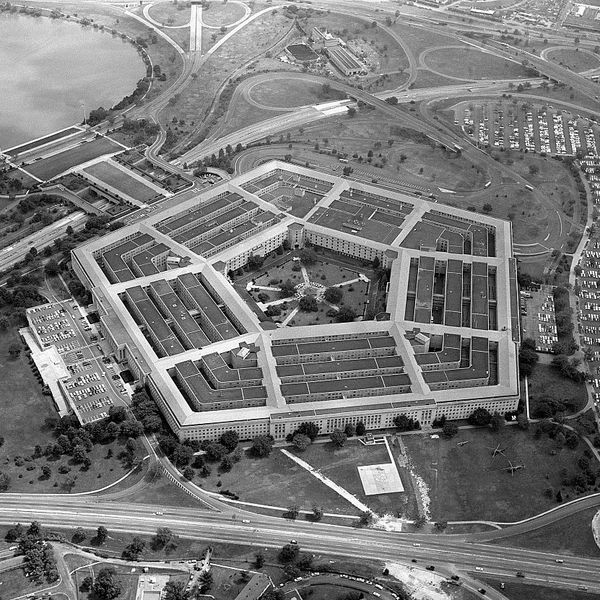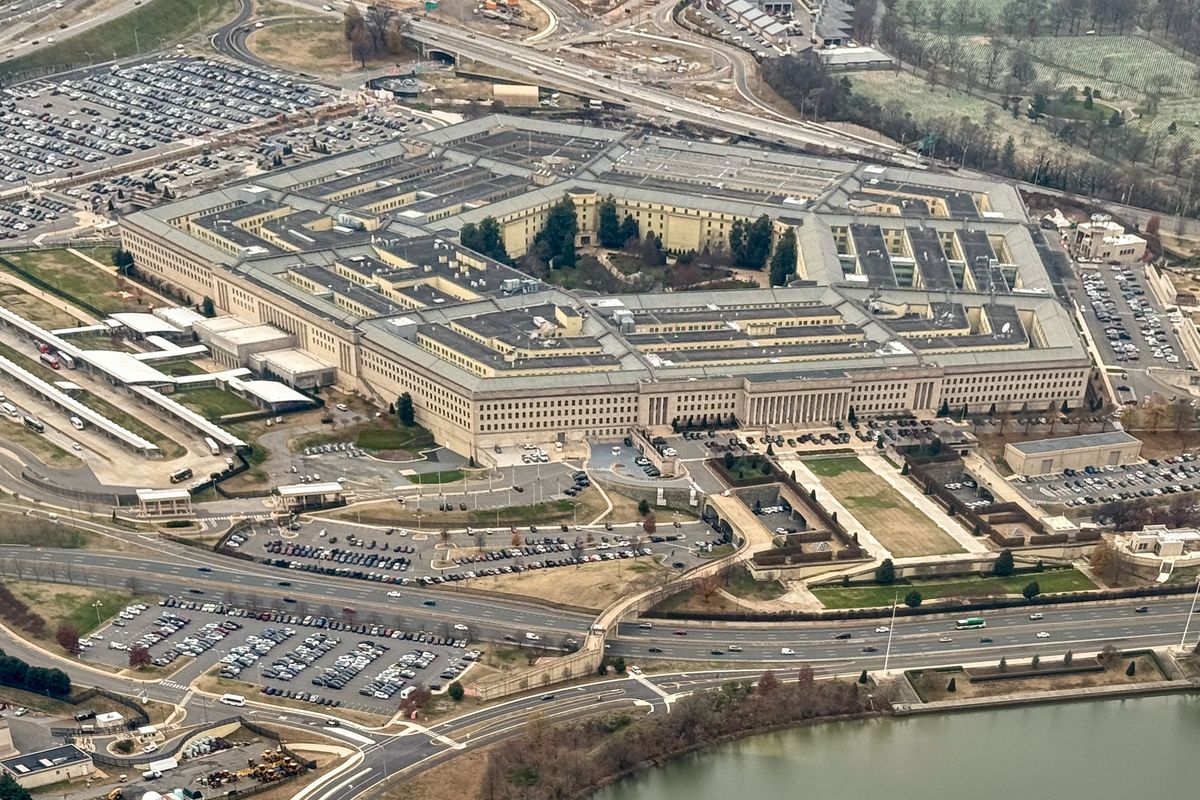The Administration will start the new year with a new acting Secretary of Defense after President Donald Trump accepted James Mattis’s resignation letter and moved up the date of his planned departure by two months.
President Trump named Patrick Shanahan to take on the acting Secretary of Defense role while he looks for a permanent replacement. That search, according to sources who talked to The Washington Post, will take place both in and outside the Pentagon.
While Mattis cited differences over the President’s decision to pull U.S. troops out of Syria, Cipher Brief Expert and former Vice Chairman of the Joint Chiefs of Staff, Admiral James ‘Sandy’ Winnefeld, breaks down how President Trump’s decision-making style is impacting the decisions of those who work for him.
The resignation of Jim Mattis as Secretary of Defense has certainly been a shock to national security leaders in Washington, DC and across the globe. Of all the previous and impending departures of senior officials from the Trump administration, this is the one that is most concerning. Not only has Secretary Mattis placed the Department on a trajectory to restore readiness and lethality against the full range of threats (including peer militaries), he has managed to maintain the confidence and support of our many allies at a time when the "global operating system" has been under assault from both the outside and the inside. Further, in the midst of a chaotic and ultimately impulsive national security decision-making process within the White House, we could always say "at least Jim Mattis is the adult in the room." Unfortunately, he will not be in that room much longer.
So, what does this mean for the Department? A lot depends on who Mattis's successor turns out to be. There are very few good potential candidates for this job, and even fewer who would willingly expose themselves to the humiliation, frustration, and reputational risk that accompanies being a member of President Trump's cabinet. Fortunately, there is a lot of good leadership that will remain behind in the Department when Secretary Mattis leaves. Deputy Secretary Pat Shanahan has done a solid job of both bringing greater discipline to and re-imagining internal DoD processes. Chairman of the Joint Chiefs Joe Dunford, Vice Chairman Paul Selva, and the service chiefs are exemplary officers leading the uniformed side of the Department. It is likely that Jim Mattis' initiatives will live past his departure, regardless of who is confirmed as his replacement.
More troubling is what happens regarding the Secretary's external role. Allies have grown to trust Mattis as a reliable partner who exerted a steadying influence over a tumultuous and unpredictable national security process in Washington. They will be anxious over whether the incoming secretary will merely be a Trump sycophant or will be able to exert the same influence to maintain U.S. commitments and prevent (or, it would seem, delay) the decline of the current international order.
In this author's view, the decision to depart Syria is not necessarily the disaster it is being made out to be — there are solid arguments on both sides of this issue. We should remember that Presidents have a unique perspective, and that the so-called "foreign policy blob" is normally unwilling to coldly view issues in terms of true vital U.S. national security interests. Someone has to say "enough." However, what is disturbing here is not so much the decision, but rather how it was made and communicated. Will decisions that have even greater implications for U.S. national security be made in the same fashion?
Read more from Admiral James ‘Sandy’ Winnefeld here…














